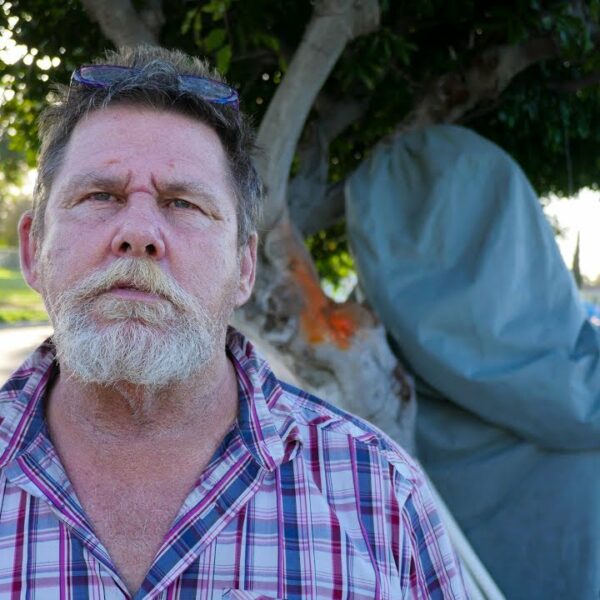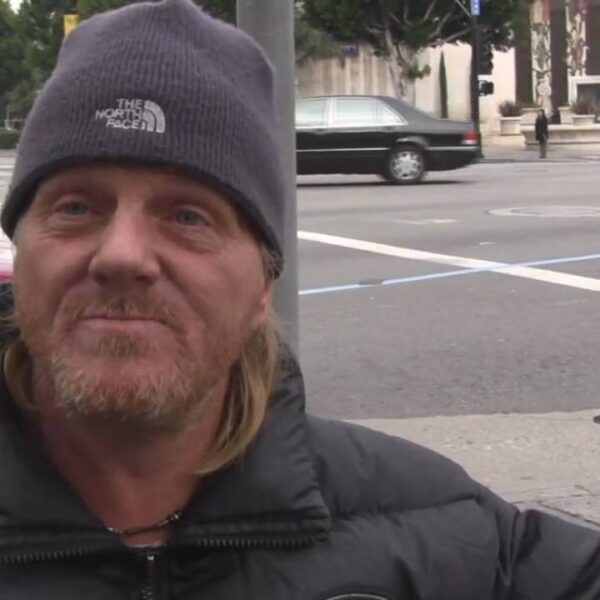COVID-19 has turned the world upside down. The pandemic has severely impacted the economy, created record-breaking unemployment rates, and will exponentially increase evictions in the US alone. It has also severely impacted the mental health of individuals, resulting in increased suicide rates.
A recent survey found that 41% of respondents are struggling with mental health issues related to the pandemic and its effects. Some of these secondary effects include stay-at home orders and social distancing requirements. According to the survey, respondents experienced depression, traumatic experiences, increased substance use, and increased suicide ideation. In addition, the survey found the pandemic was more likely to affect people with prior treatment for similar issues.
Evidence suggests that COVID-19 has had a greater impact on homeless people suffering from mental illness.
There is an established connection between homelessness and mental health. Harvard Medical School estimates that between a quarter and a third of homeless people suffer from a serious mental illness. Consequently, this is a population at high-risk of experiencing negative effects from the pandemic.
This connection could also explain why there has been a recent uptick of homeless folks hanging themselves throughout the Los Angeles area. The rate jumped from 40% in recent years to 55% in 2020.
This increase is a reflection of the lack of appropriate mental health services offered to homeless people.
Dr. Ken Duckworth is the chief medical officer of the National Alliance on Mental Illness. He said, “There’s a whole subset of people-caregivers, people with pre-existing conditions, people of color, essential workers – these people are going to need mental health support. This is part of the human experience here that’s happening to your fellow Americans. If you’re a state policy director, if you’re a mental health commissioner, if you run a health plan, you need to know this information.”
As the survey indicated, living through a pandemic is an extremely stressful event. Pairing that with the inevitable stressors of homelessness can create a life almost impossible to navigate. We must expand mental health services for people experiencing homelessness as soon as possible.
The Boston Hope Field Hospital is a good example of an appropriate response.
This past April, a team of psychiatrists opened a 1,000 bed treatment facility at the hospital for folks who tested positive for COVID-19. Five hundred of these beds were reserved for homeless patients.
In designing the treatment center, the clinicians incorporated the principles of psychological first aid (PFA). This is the standard protocol for mental health treatment in disaster situations. PFA is described as emphasizing “both emotional and practical support for survivors while taking a non-pathologizing stance and allowing people to recover at their own pace.”
Throughout this process, clinicians made the patients feel as though they were being cared for. They welcomed each individual entering the facility upon arrival. Patients also experienced constant communication with staff and were provided safety and comfort throughout the entire experience. Each day, two social workers and one psychiatrist were on site to manage patients.
This type of care prevented any suicide attempts or overdoses while the treatment center was in existence.
It is important to note that this center was for homeless patients who specifically tested positive for COVID-19. However, we can use this same model for people experiencing increased mental health effects as a result of the pandemic. The PFA can identify deeper issues within patients and provide the necessary attention. Moreover, it provides an environment where mental health symptoms can be properly treated in early stages.
In the end, the goal is to use this situation as an opportunity to provide high quality mental health care. As the pandemic continues, it becomes more important to implement these treatment centers for homeless individuals. Both those who test positive for the virus and those who are experiencing mental health symptoms during this crisis will be able to benefit from these services.













